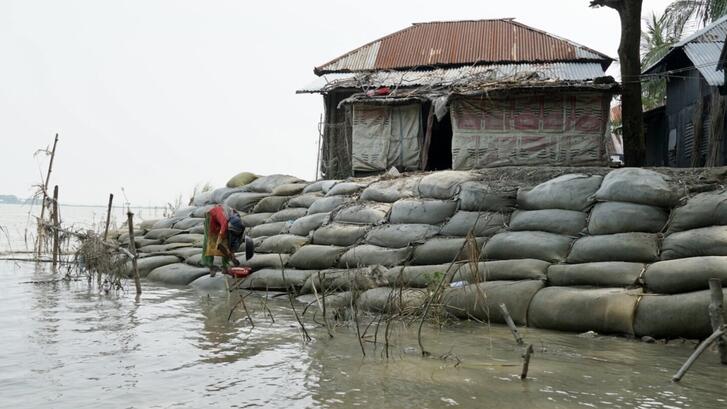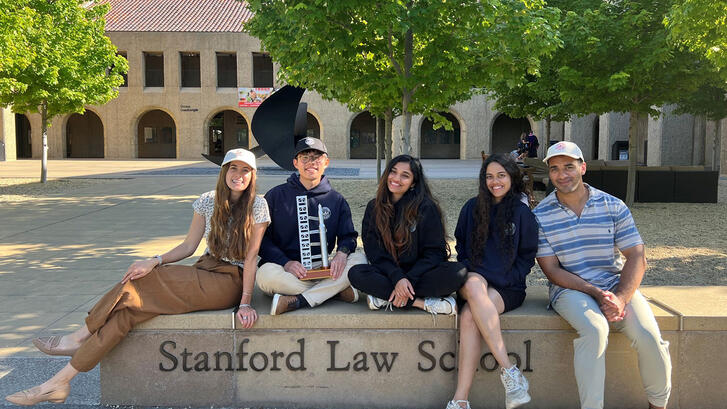Erik Jensen

Erik Jensen, JD
- Lecturer in Law, Stanford Law School
- Director of the Rule of Law Program, Stanford Law School
- CDDRL Affiliated Faculty
CDDRL
Stanford University
Encina Hall, C144
616 Jane Stanford Way
Stanford, CA 94305-6055
Biography
Erik Jensen holds joint appointments at Stanford Law School and Stanford’s Center on Democracy, Development and the Rule of Law. He is Lecturer in Law, Director of the Rule of Law Program at Stanford Law School, an Affiliated Core Faculty at Stanford’s Center on Democracy, Development and the Rule of Law, and Senior Advisor for Governance and Law at The Asia Foundation. Jensen began his international career as a Fulbright Scholar. He has taught and practiced in the field of law and development for 35 years and has carried out fieldwork in approximately 40 developing countries. He lived in Asia for 14 years. He has led or advised research teams on governance and the rule of law at the World Bank, the Asian Development Bank and the African Development Bank. Among his numerous publications, Jensen co-edited with Thomas Heller Beyond Common Knowledge: Empirical Approaches to the Rule of Law (Stanford University Press: 2003).
At Stanford, he teaches courses related to state building, development, global poverty and the rule of law. Jensen’s scholarship and fieldwork focuses on bridging theory and practice, and examines connections between law, economy, politics and society. Much of his teaching focuses on experiential learning. In recent years, he has committed considerable effort as faculty director to three student driven projects: the Afghanistan Legal Education Project (ALEP) which started and has developed a law degree-granting programs at the American University of Afghanistan (AUAF), an institution where he also sits on the Board of Trustees; the Iraq Legal Education Initiative at the American University of Iraq in Sulaimani (AUIS); and the Rwanda Law and Development Project at the University of Rwanda. He has also directed projects in Bhutan, Cambodia and Timor Leste. With Paul Brest, he is co-leading the Rule of Non-Law Project, a research project launched in 2015 and funded by the Global Development and Poverty Fund at the Stanford King Center on Global Development. The project examines the use of various work-arounds to the formal legal system by economic actors in developing countries. Eight law faculty members as well as scholars at the Freeman Spogli Institute are participating in the Rule of Non-Law Project.



